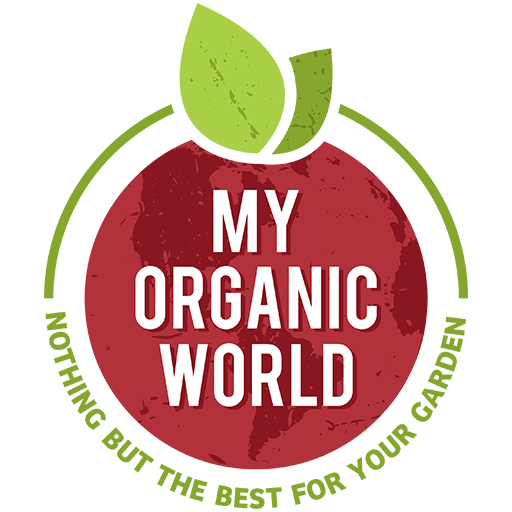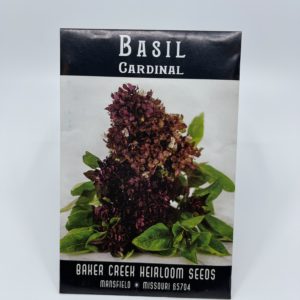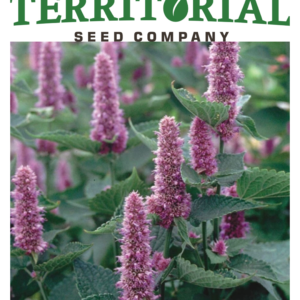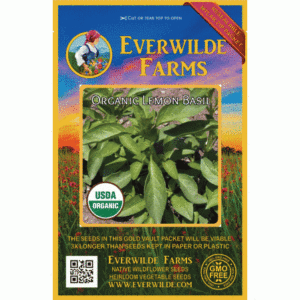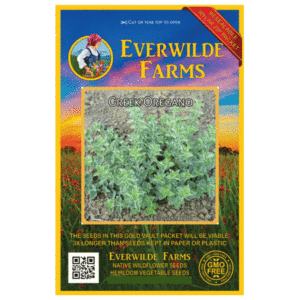ROSEMARY
1,750 د.ك
Rosemary, whose Latin name means “dew of the sea,” is native to the rocky slopes of the Mediterranean coast. Because it traditionally symbolizes happiness, protection, and love, medieval brides often wore rosemary or carried it in their bouquets. Legend has it that the flowers of rosemary, originally white, obtained their heavenly blue color from the cloak of the virgin Mary in her flight to Egypt. Rosemary is often grown for topiaries and hedges, in addition to being used for making fragrant garlands and wreaths. When used medicinally or for aromatherapy, rosemary gives relief from headaches, tension, depression, or fatigue; externally, oil of rosemary makes an excellent addition to massage oil for rheumatism or aching joints. This herb gained an early medicinal reputation for improving memory and uplifting spirits. Medicinal doses are not safe for pregnant women, but normal culinary use is fine.
Sowing: Since growing rosemary from seed is a long and difficult process, start these bulk rosemary seeds indoors 5-6 months in advance of transplanting. Press the seeds lightly into the soil and place in a sunny spot, since rosemary requires light for germination; keep the temperature at 65-70 degrees F. Keep the soil lightly moist, using a spray bottle or careful watering. Germination will be very slow, up to a month, with a naturally low percentage of the seeds sprouting. When the plants grow big enough to handle safely and there is no chance of frost, transplant them to light soil and full sun 18-24″ apart. Rosemary thrives in dry and stony soils, and can be easily propagated from cuttings; it also makes an excellent container plant, especially in winters that drop below 17 degrees F.
Growing: Once rosemary has been established, it will grow quite well on its own without watering or fertilization. If overwatered, the plant may suffer from root rot. After flowering, the plant should be pruned to prevent straggly, unhealthy growth.
Harvesting: Once the plant is well established, harvest fresh leaves when needed; the peak flavor is achieved immediately before the plant flowers, but after this point the flavor becomes lost. Fresh rosemary can be dried or frozen for future use. The leaves should be dried quickly to preserve their color and flavor.
Seed Saving: Remove the seed heads individually as soon as they begin to turn brown and dry, and spread them out to finish drying in a protected location out of direct sunlight. Thresh out the seeds by rubbing or shaking the heads, and remove as much chaff as possible. Store the rosemary seeds in bulk in a cool, dry place for up to 1 year.
Common Names: Anthos
Latin Name: Rosmarinus officinalis
Species Origin: Mediterranean, Africa, Europe, Western Asia
Type: Open Pollinated, Heirloom, Warm Season
Life Cycle: Perennial
USDA Zones: 5, 6, 7, 8, 9, 10
Seeds per Ounce: 25,000
Planting Method: From Transplant
Sunlight: Full Sun
Height: 40 Inches
Color: Green
Bloom Season: Blooms Early Summer, Blooms Late Summer
Uses: Attracts Butterflies, Aromatic, Deer Resistant
متوفر في المخزون
